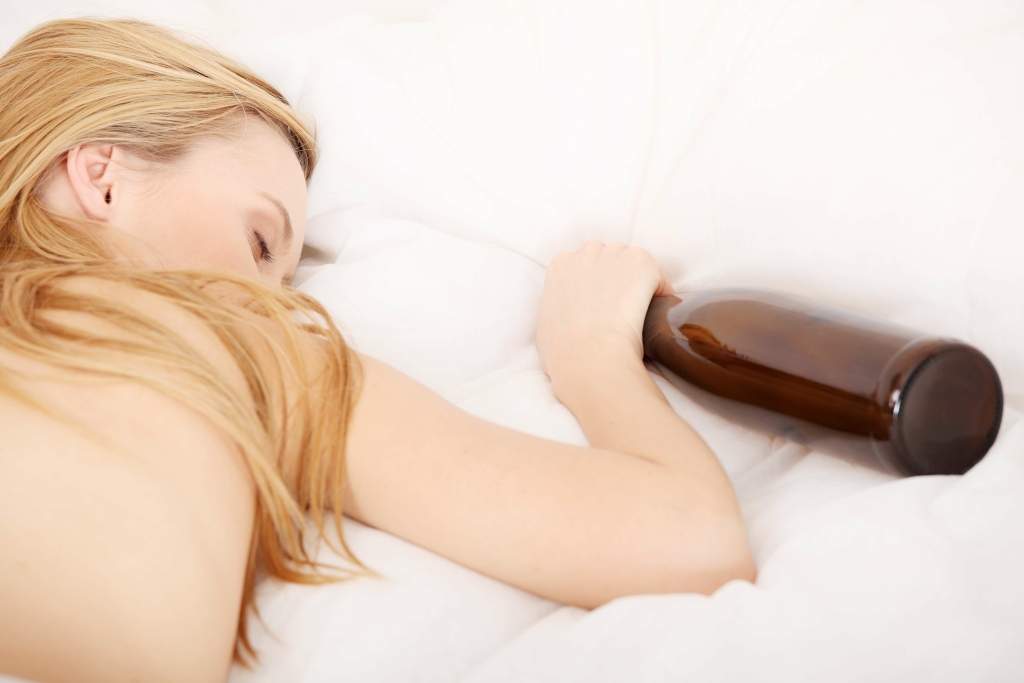It’s very important to address both alcohol misuse and depression simultaneously when looking into treatment options, as these conditions are closely intertwined and can exacerbate each other, Kennedy explains. Some experts also suggest that Sober House both depression and alcohol use disorders share underlying pathophysiology in that they are both neuroinflammatory conditions. Depression is a common and serious mood disorder, which can impact your thoughts, feelings, and behaviors.
- That’s because alcohol is a depressant, meaning it slows down the messages transmitted between your body and brain, says Joseph Volpicelli, MD, a psychiatrist and founder of the Volpicelli Center addiction recovery program.
- The effects of alcohol depend largely on how much and how quickly you drink, along with varying factors such as your personal history, genetics, body size, gender, tolerance, and other key factors.
- According to the Diagnostic and Statistical Manual of Mental Disorders, Fifth Edition (DSM-5), if depression symptoms persist after one month without consuming alcohol, then a different depressive disorder diagnosis would apply.
- Withdrawal symptoms, like pain, sleeplessness, anxiety or irritability, occur when a person who is addicted stops drinking.
- In 2022, about 17.7 million people reported using marijuana daily or near daily compared to the 14.7 million who reported drinking daily or near daily, according to the analysis.
- These populations experience disparities in access to care for AUD and depressive disorders but are underrepresented in studies of these disorders.
- Many depressant abusers experience problems with finances, employment, friends, and family.
Alcohol use disorder
However, about 17 percentof alcohol users either abuse it or are dependent on it. Expectationsabout drinking can begin at an early age, even before drinking begins. The cell body is responsible for directing all of the neuron’sactivities. The dendrites are acluster of small fibers that receive chemical messages from other neurons.
- It’s also true that people with severe mental illness are more likely to have alcohol problems.
- If the rate of alcohol consumption exceeds the rate at which thealcohol can be metabolized, then the concentration of alcohol in the blood risesand the individual may become intoxicated.
- While far more people drink than use cannabis, drinking frequently has become slightly less common than it was around 15 years ago, the study found.
National Institute on Alcohol Abuse and Alcoholism (NIAAA)
Binge drinking is on the rise for multiple groups of the U.S. population, according to the NIAAA. They can encourage you along the way and keep you company if you’re using exercise or other tactics to help you cope. Because alcohol can make you lose your inhibitions and act more impulsively, it may lead to actions such as self-harm or suicide.
Which Australian city consumes the most cocaine? A new report exposes the country’s drug habits
A common misconception is that because https://fintedex.com/top-5-advantages-of-staying-in-a-sober-living-house/, it will help you sleep. Initially, alcohol may promote feelings of relaxation that help you feel drowsy and fall asleep faster. If you have depression and drink too much alcohol, then you may be wondering if there are any treatments or lifestyle changes for someone in your situation. People with depression may use alcohol as a form of self-medication.

Naltrexone may be a wonder drug but getting patients to take it is a challenge.
If you’re still experiencing symptoms of depression after a few weeks, the NHS advises you to contact your GP surgery. A good way of keeping track of how much you’re drinking – to help spot patterns, avoid your triggers and stay within the low risk drinking guidelines – is with the MyDrinkaware app. Signs to look out for include things like continuous low mood or sadness, feeling hopeless and helpless, having no motivation or interest in things, and – for some people – thoughts about harming themselves. The preoccupation stage refers to when a person becomes preoccupied with consuming alcohol next. Alcohol can depress the central nervous system so much that it results in impairment such as slurred speech, unsteady movement, disturbed perceptions, and an inability to react quickly. Alcohol reduces an individual’s ability to think rationally, lessens inhibitions, and distorts judgment.
In 2019, the FDA warned that people with respiratory conditions or who also take nervous system-suppressing drugs (like opioid painkillers) could experience fatal breathing issues. Between 2012 and 2017, at least 12 people died from respiratory depression while taking gabapentinoids, the agency found. At high doses, the drug can also increase a person’s risk of falls, Shah said. Pregnant women who drink expose their unborn children to alcohol through theplacenta.
- There are details of where to find help at the bottom of this page.
- Alcohol is a depressant that affects the central nervous system (CNS).
- If you’re trying to cut down or stop drinking, research shows some antidepressants can increase your risk of relapsing.
- People living with alcohol use disorder (AUD) typically find it difficult to control their alcohol use or stop drinking when they try.
- Alcohol consumption by an expectant mother may cause fetal alcohol syndrome (FAS) and pre-term birth complications.
Which alcohol makes people the most tired?

